Slapface (2021)
Directed by: Jeremiah Kipp
Written by: Jeremiah Kipp
Starring: August Maturo, Libe Barer, Mike Manning
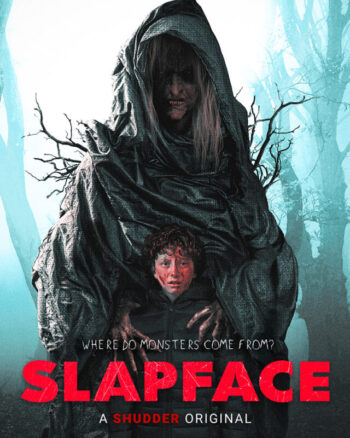
SLAPFACE
Directed by Jeremiah Kipp
From the opening shot, in which we see young Lucas (Maturo) getting an open palm whack by his older brother Tom (Manning), we know Slapface isn’t going to be the feel-good hit of the year. Following the loss of their parents, each handles his grief differently. Tom, now the man of the house, struggles with alcoholism and managing his new responsibilities. Meanwhile, Lucas is acting out: when he isn’t carrying out destructive behaviours, he’s spending time in the woods trying to impress the local bullies – three girls who make his life hell. One day they talk him into sneaking into a dilapidated old building where there’s supposed to be a witch. Once inside, he comes across a Monster. And so begins an unlikely friendship that takes him to some increasingly dark places.
For movies like this, much of their success rests on the shoulders of the young cast – kids can make or break a film. Especially, as in this case, when it’s told mainly from their perspective: a dark fairy-tale through a child’s eye view. Fortunately, the biggest weapon in Slapface’s arsenal is also its smallest. August Maturo is not just a great child performer, but a terrific actor full stop. He gives a layered, fearless performance – totally unguarded. There’s an innocence about him that’s always present, no matter how messed up the plot gets. Throwing himself into every scene, he gives an early contender for the genre performance of the year. It helps that he’s got a lot to get his teeth into, too: bullying, neglect, PTSD and the need for connection. He finds a form of acceptance through the monster – someone he can express himself with. Granted, one could accuse the film of being too telegraphed since all but the most naïve audience will know roughly where it’s going from an early stage. Still, the inevitability gives it an air of tragedy: we know at some point Lucas is going to lose control of his monster, which makes it sadder to see their unconventional relationship bloom.
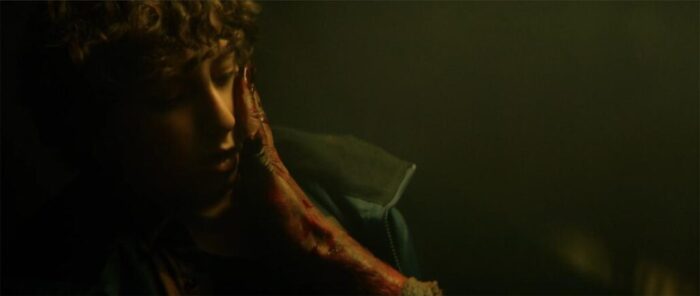
This isn’t to say he’s totally alone: there’s a definite bond between the brothers, albeit one that rests upon a similar destructive tension between love and violence. Tom has his own demons to deal with and is far from ready to take on the father-figure role which has been thrust upon him. Moments where he tries to empower Lucas, or give him advice, are touching, if comically irreverent. But the bulk of their relationship consists of the eponymous game: an activity that helps them deal with the things they won’t talk about: their aggression and pain. It’s implied that their dad was violent too, in which case we’re seeing the consequences of intergenerational trauma and the sins of the father running through the son. Former reality-TV star Mike Manning taps into the darkness in his part – a man who sleeps with a gun by his bed and abuses his brother. Yet there’s enough nuance and sadness behind it that we see a vulnerability at his core – partially redeeming him.
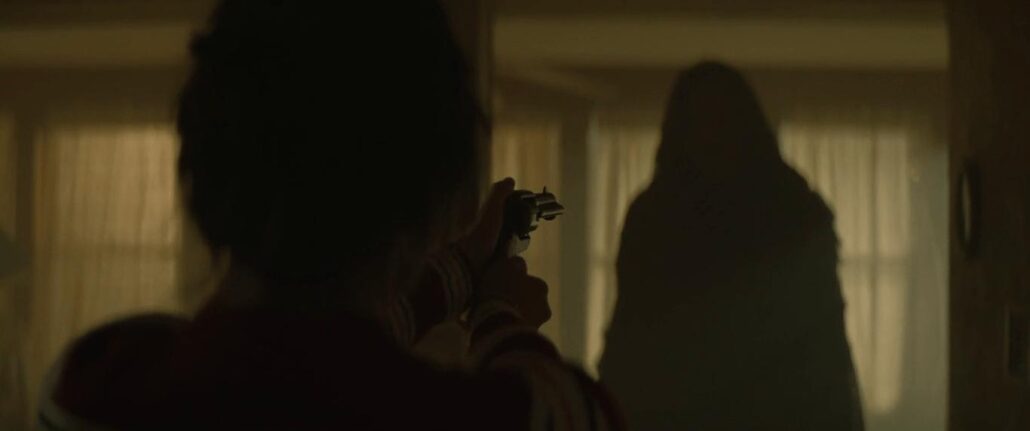
Some of the storytelling didn’t work for me: the opening scenes, in particular, introduce big plot points with little context. – especially where Slapface’s supernatural elements are concerned. One of the big moments towards the end also felt unearned – something that could have been amended by giving the supporting cast a bit more to do. For instance, Lib Barer is likeable as Anna, Tom’s love interest, though aside from offering a moral voice she wasn’t fleshed out enough for me to be invested in her beyond her impact on the brothers. One particular scene involving her and Lucas just seemed to come from leftfield. Similarly, Moriah, the nicest of the bullies and a potential love interest for Lucas, could have more to do. There’s something nice about the pair of them sharing a need to impress the same people, and finding something approaching honesty with each other, but isn’t afforded the psychological depth to make her part feel more than functional.

Still, the emotional beats mostly land, providing payoffs for those willing to invest in such a slow burn. Parts of the movie are very powerful – even devastating. And I admire both the maturity with which Slapface handles its themes and how well they are integrated into the story. Jeremiah Kipp is also as good a director as he is a writer. There isn’t a lot of action, and what we see is restrained, but he imbues the material with a sense of dread from the beginning. The more dramatic scenes, dealing with the brothers’ home lives, also have an intensity and frankness that means Slapface has plenty of gut punches. There might exist a version of this that emphasises the magic realism aspects, but for me, it works well as a character piece with supernatural elements. Barry J Neely’s score also helps a lot, with the industrial and electronica being used to both communicate the monster’s danger and Lucas’ alienation. It isn’t an enjoyable film per se, but it is a very accomplished one.
Rating: 




Slapeface is available on Shudder


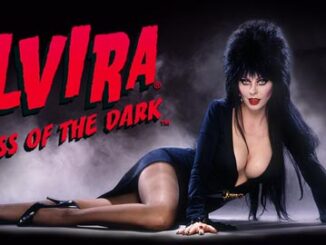
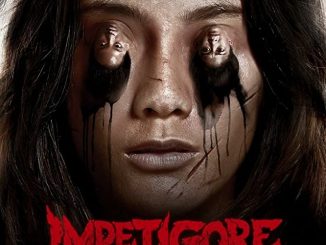

Be the first to comment